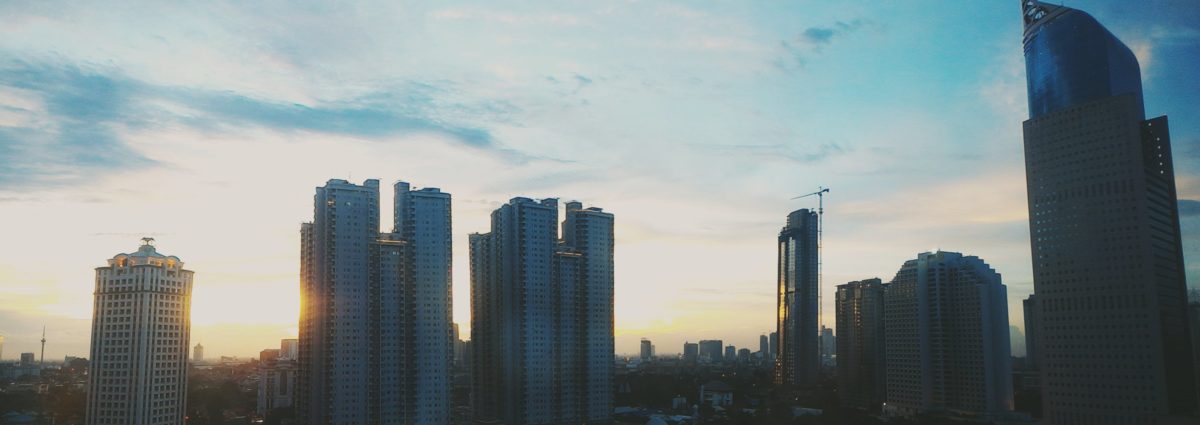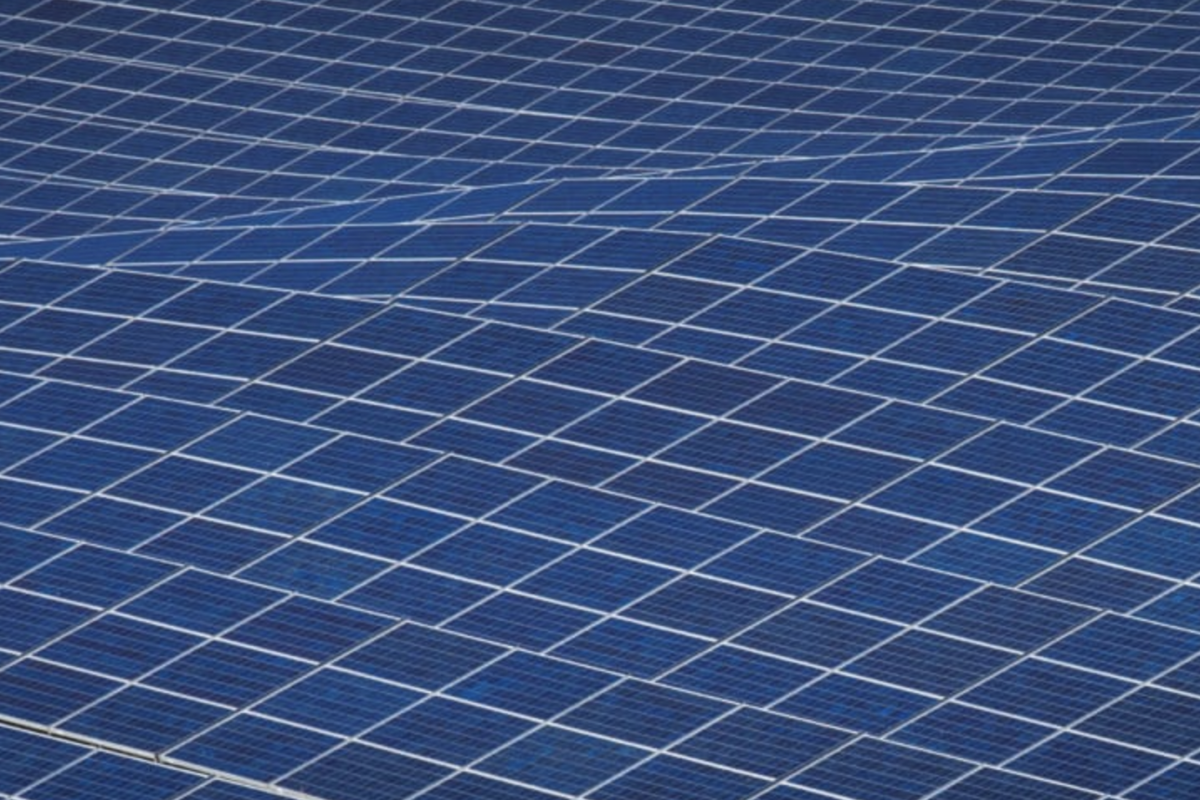Indonesia launched a net metering scheme for solar arrays in December 2018. The provisions have been updated several times over the past two years, but they've ultimately failed to support higher deployment.
According to the government, the country currently has 18.2 MW of PV systems under net metering, with 7.7 MW of the total coming from 16 industrial power consumers. Another 5.1 MW comes from residential consumers, while 1.8 MW is run by small-sized businesses. The remaining capacity is owned by public entities.
“The cost of using the rooftop PV systems has decreased over time, while the price of electricity from solar energy has touched $0.0132/kWh,” the government said. “However, its development has also been affected by the Covid-19 pandemic.”
In order to increase volumes and spur development, the government has decided this year to improve the provisions once again with MEMR Regulation No. 4 of 2020. It aims to push more industrial consumers to deploy solar PV to reduce their energy bills. The Indonesian government introduced other improvements to the net metering regime in October 2019.
According to recent data from the Institute for Essential Services Reform (IESR), Indonesia has the potential to deploy up to 655 GWp of rooftop PV capacity. But the nation’s PV capacity stood at just 198 MW at the end of last year, according to the International Renewable Energy Agency. Developers installed about 136 MW across the archipelago in 2019.
The Indonesian government wants the country to deploy 6.5 GW of solar by 2025 and 45 GW by 2050.
This content is protected by copyright and may not be reused. If you want to cooperate with us and would like to reuse some of our content, please contact: editors@pv-magazine.com.




1 comment
By submitting this form you agree to pv magazine using your data for the purposes of publishing your comment.
Your personal data will only be disclosed or otherwise transmitted to third parties for the purposes of spam filtering or if this is necessary for technical maintenance of the website. Any other transfer to third parties will not take place unless this is justified on the basis of applicable data protection regulations or if pv magazine is legally obliged to do so.
You may revoke this consent at any time with effect for the future, in which case your personal data will be deleted immediately. Otherwise, your data will be deleted if pv magazine has processed your request or the purpose of data storage is fulfilled.
Further information on data privacy can be found in our Data Protection Policy.